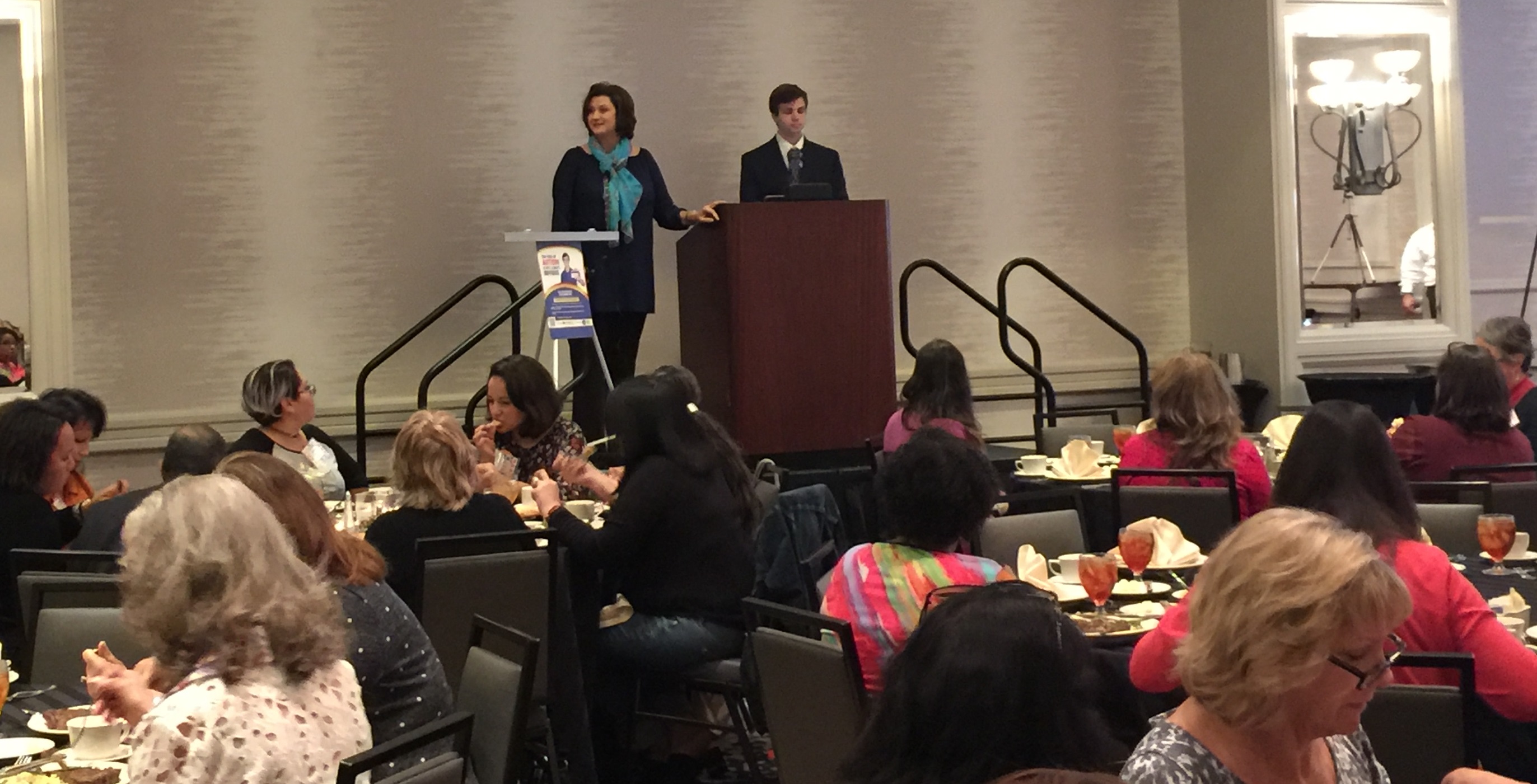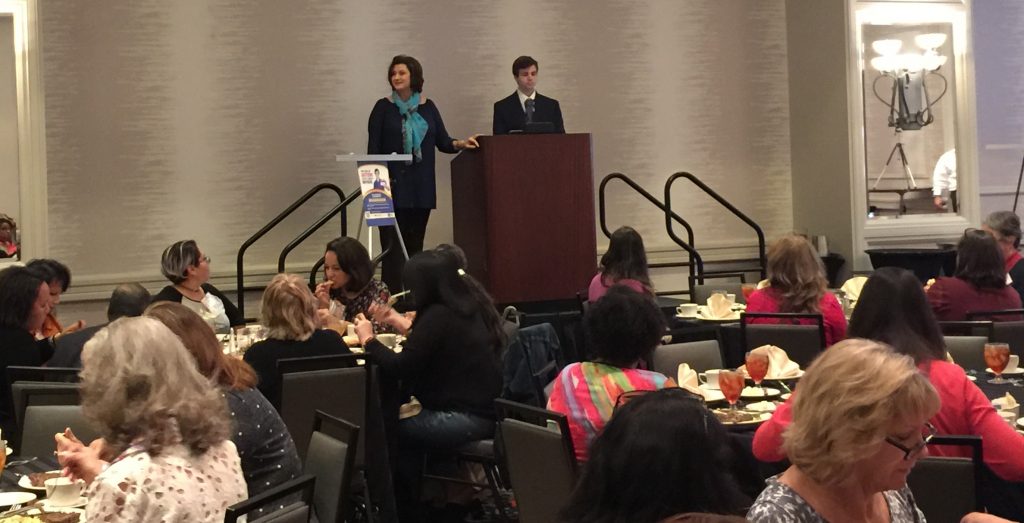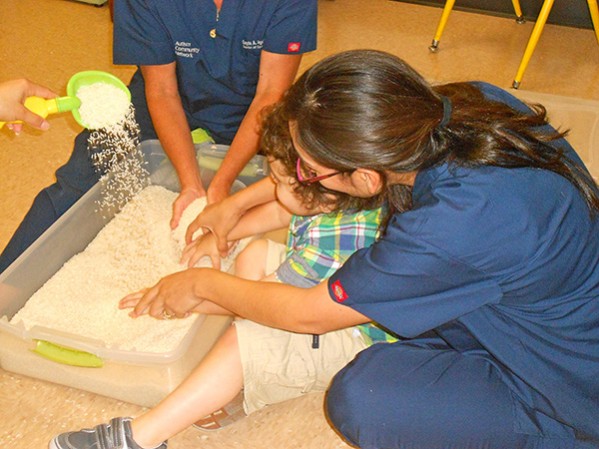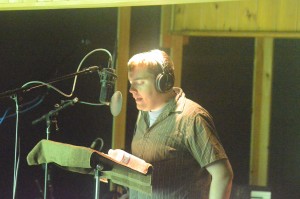Aspergers is Not the Same as ODD (Oppositional Defiant Disorder)!
People with Asperger’s usually collect labels like ADHD, anxiety disorders, or bipolar disorder before they’re diagnosed with AS. The label that annoys me is Oppositional Defiant Disorder. Is there a difference between people whose Asperger’s-related behavior is misunderstood and ODD? I find that ODD is sometimes simply a description of behavior without a cause.
Insurers ask for diagnoses based on ICD 10, the “handbook” of diagnoses. One of the official ICD 10 descriptions of AS is that it’s a “neuropsychiatric disorder whose major manifestations is an inability to interact socially; other features include poor verbal and motor skills, single mindedness, and social withdrawal.”
ICD 10 describes ODD as a behavior disorder and a psychopathological disorder. It’s described as a “recurrent pattern of negativistic, defiant, disobedient, and hostile behavior toward authority figures.” The criteria include “frequent occurrence of at least four of the following behaviors: losing temper, arguing with adults, actively defying or refusing to comply with requests or rules of adults, deliberately annoying others, blaming others for own mistakes, and being easily annoyed, angry or resentful.”
ICD 10 is right in my experience in describing those with Asperger’s Syndrome as “single minded.” This is a real strength when doing tasks, following rules and being honest. However, single mindedness can also include inflexibility or even severe rigidity in sticking to a point of view.
When an inflexible demand is made of an inflexible person, you have rigidity meeting rigidity. That’s not going to work. For people with AS, what’s being perceived as oppositional, hostile or rule breaking is actually more about having a fixed way of viewing the world.
Especially when rules or demands seem illogical or unfair, those with AS can dig in and stand their ground. Many with AS and NLD also have concrete or literal thinking, which adds to the mix of misunderstanding and “rule breaking.”
Dr. Marcia Eckerd has been in practice as a licensed psychologist since 1985. I am on the CT ASD Advisory Council and the Clinical Advisory Committee of the Aspergers/Autism Association of New England, as well the professional advisory board of Smart Kids with LD. Aspergers101 is honored to offered the knowledge and experience of Dr. Eckerd through her informative blogs!













